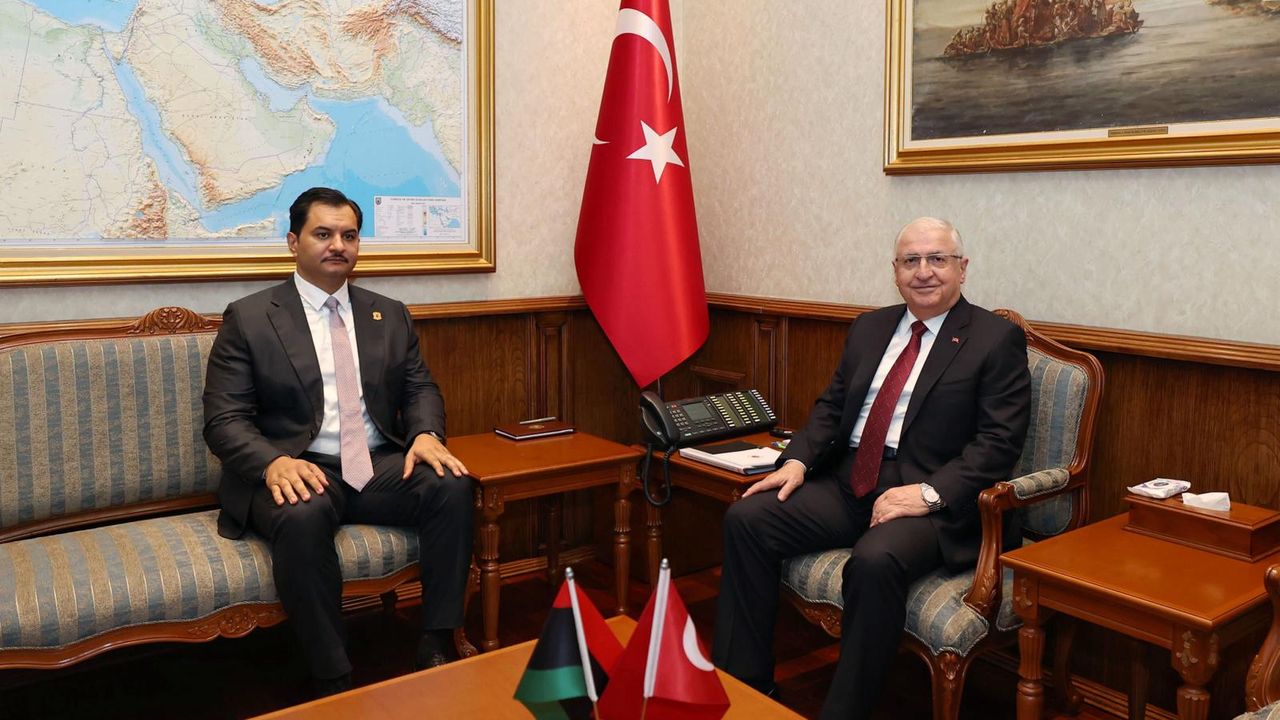Lebanon wants “full withdrawal” of Israeli forces, says FM

Libyan authorities sitting on a gold mine
Lebanon’s newly appointed Foreign Minister Youssef Rajji has said that the country wants a “full, total and unconditional withdrawal” of Israeli forces during his first trip abroad, during a conference in Paris aimed at supporting Syria’s political transition, the National reported on February 14th.
Last-minute disagreements stalled the announcement of Lebanon’s new government, which underscored the political uncertainty in the country.
Rajji emphasised that the Lebanese government aims to establish a “monopoly of force” within the state, which implies disarming Hezbollah, the only paramilitary group that retained its weapons after the civil war of 1975-1990.
Hezbollah’s recent weakening in its conflict with Israel has facilitated a significant political shift in Lebanon, highlighted by the election of President Joseph Aoun, who has advocated for the transfer of the group’s weapons to the state.
This change is also reflected in Rajji’s appointment, with him being backed by an anti-Hezbollah Christian political party, marking a departure from decades of pro-Hezbollah leadership in the Foreign Ministry.
Concerns arise regarding the stability of a US and French-brokered ceasefire between Israel and Hezbollah due to Israel’s repeated requests to postpone its withdrawal from Lebanon.
Israel has officially requested to keep its troops in a minimum of five military posts in the south of Lebanon until February 28th.
Rajji assured that Lebanon is striving to uphold the ceasefire and reestablish full sovereignty across its territory.
At a press conference, French Foreign Minister Jean-Noel Barrot acknowledged Israel’s extension request and suggested that certain UNifil forces could replace the Lebanese Armed Forces at observation points along the Lebanese border, a solution supported by UN Secretary General Antonio Guterres.
Rajji noted that French backing for the Lebanese army is crucial. French President Emmanuel Macron held a conference to support Lebanon that garnered over $1 billion in humanitarian aid and Lebanese military support.
Macron also stressed that stability for Lebanon was strongly connected to Syria, noting that Syria has historically destabilised Lebanon.
Rajji expressed that the Lebanese and Syrian populations could collaborate with the new Syrian government, following a regime change in Damascus.
The conference, attended by foreign ministers from various Arab nations, culminated in a statement being signed by various countries, the UN, the Arab League and the GCC to back Syria’s political transition. France committed €50 million in humanitarian aid for Syria.
A pressing priority for Rajji is the return of Syrian refugees in Lebanon.
He urged the international community and the UN to fund development projects in Syria to facilitate the return of refugees, as they are now considered “economic refugees” without justification for staying in Lebanon.
Recent changes in European policies towards Syrian refugees have also been noted, including Germany’s potential to revoke protection and France’s allowance for short-term visits home, for Syrians, without loss of asylum status.
The National
Want to chase the pulse of North Africa?
Subscribe to receive our FREE weekly PDF magazine













